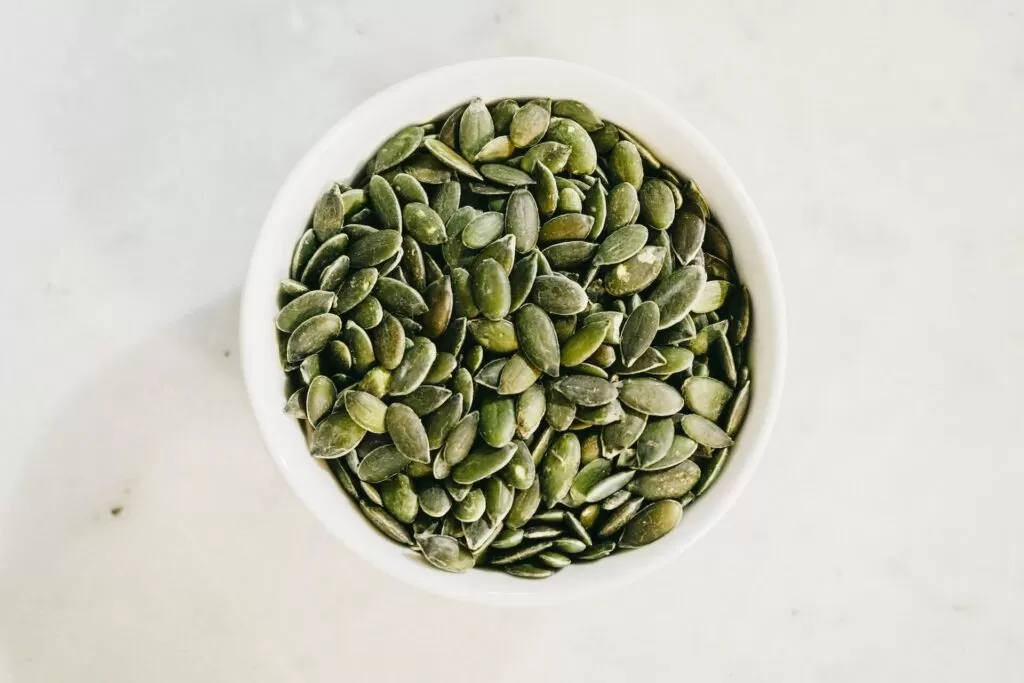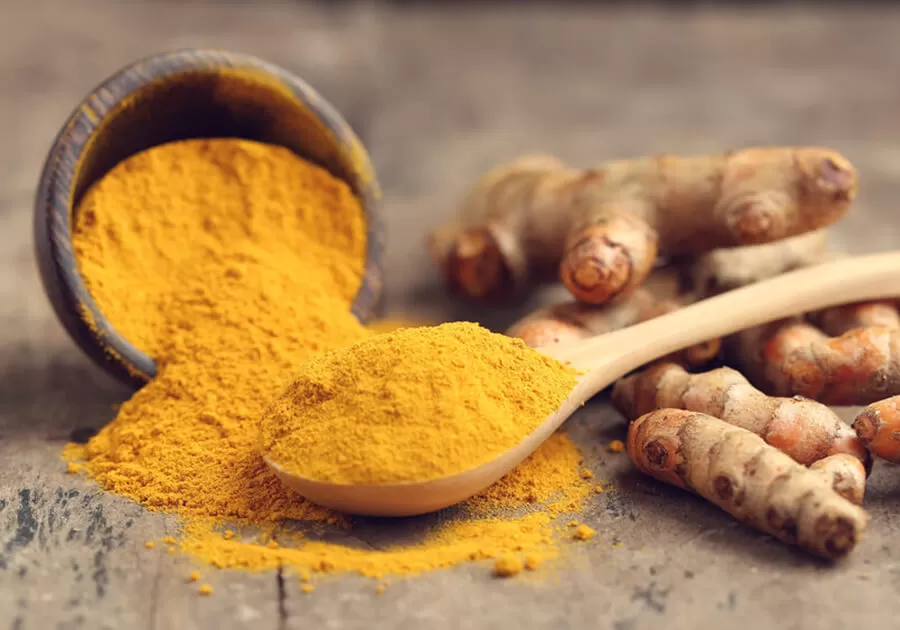Stress or tension is a common ailment that affects millions of individuals worldwide. The symptoms might vary, and some people only sometimes encounter them. However, a generalized anxiety disorder may be present in someone who has symptoms for six months or more (GAD).
Physical and psychological signs of GAD include:
1. Fear
2. Tension
3. Excessive anxiety about regular issues and occurrences
4. Irritability
5. Having trouble concentrating
6. Challenges with connections in work, in society, and personally
7. Increased heart rate and chest pain
8. Muscle stress
9. Chest compression
Medications and talk therapy, such as cognitive behavioral therapy (CBT), are frequently used by doctors to treat GAD. These traditional therapies occasionally have short-term success rates. However, some studies indicate that healthy eating may aid with symptom improvement.
9 foods that decrease anxiety or stress
1- Fatty fish
Omega-3 fatty acids are plentiful in fatty fish, including salmon, mackerel, sardines, trout, and herring. A particular kind of fatty acid called omega-3s has a significant impact on both mental and cognitive functioning.
2- Vitamin D
Among the few foods that contain vitamin D are salmon and sardines.
Researchers have noted that, in recent years, anxiety and other mood problems may be linked to vitamin D insufficiency.
More research is required, although some studies have suggested that depression and anxiety features are related to low vitamin D levels in the blood. Instead of only eating fatty fish, those with vitamin D deficiencies should think about taking high-dose supplements.
Studies on elderly adults and pregnant women have also shown how vitamin D may enhance mood.
3- Eggs
One such excellent source of vitamin D is egg yolks, particularly those from chickens reared on pasture.
Another great protein source is eggs. Since they are complete proteins, they have every important amino acid that the body needs for healthy growth and development.
Another amino acid included in eggs, tryptophan, also helps serotonin to be produced. A chemical neurotransmitter called serotonin aids in the regulation of mood, sleep, memory, and behavior. It is present in the brain, gut, and blood platelets.
Serotonin is supposed to enhance mental performance and reduce anxiety. Foods and medications containing serotonin do not directly give serotonin to the brain since it cannot pass the blood-brain barrier, but they can cause chemical processes that increase serotonin levels in the brain.
4- Pumpkin seeds
Potassium, which helps control electrolyte balance and blood pressure, is abundant in pumpkin seeds. A previous 2008 study revealed that greater levels of cortisol, a stress hormone generated by the adrenal glands, were associated with lower potassium and magnesium levels.
Consuming foods high in potassium, including bananas and pumpkin seeds, may help lessen the signs and symptoms of stress and anxiety.

5- Dark chocolate
According to research, dark chocolate may lessen stress.
Experts’ long-held ideas contend that dark chocolate may reduce stress and anxiety.
Certain research suggests that cocoa or dark chocolate may improve mood by changing the gut-brain axis. However, since a large number of the already conducted research on this topic are observational, it is crucial to use caution when interpreting the findings.
Tryptophan, which is rich in chocolate, is utilized by the body to produce neurotransmitters in the brain that raise mood, such as serotonin.

Additionally, an excellent source of magnesium is dark chocolate. Stress and anxiety symptoms may be reduced by taking magnesium supplements or eating a magnesium-rich diet.
Choose dark chocolate with at least 70% cacao. Added sugars are still present in dark chocolate.
Dark chocolate should only be consumed in tiny servings of 1-3 grams (g) because it still includes additional sugars and fats.
6- Turmeric

Spices like turmeric are frequently utilized in Southeast Asian and Indian cuisine. Curcumin, the active component in turmeric, may assist people with anxiety by lowering inflammation and oxidative stress, two factors that frequently rise in people with mood disorders like anxiety and depression.
According to a 2015 study, persons with obesity who took 1 g of curcumin daily reported feeling less anxious. If a person is interested in items containing high doses of curcumin, they should talk to their doctor about taking supplements.
According to a different study, increasing the amount of curcumin in the diet likewise boosted DHA and decreased anxiety. It’s simple to include turmeric in dishes. It works nicely in smoothies, curries, and casseroles since it has a mild flavor.
7- Chamomile
Because of its anti-inflammatory, antibacterial, antioxidant, and sedative characteristics, chamomile tea is a popular herbal treatment all over the world.
Some individuals think that the flavonoids found in chamomile are what give it its calming and anti-anxiety effects.

One Source discovered that 1,500 mg of chamomile extract taken daily (three 500 mg capsules) did lessen anxiety symptoms.
Using chamomile tea to reduce anxiety may be beneficial. It is simple to obtain and safe to use in large quantities.
8- Yogurt
The beneficial bacteria Lactobacillus and Bifidobacterium may be found in yogurt. New research from reliable sources indicates that these bacteria and fermented foods like cheese and kimchi are beneficial for brain health.
Yogurt and other dairy products may have an anti-inflammatory impact on the body, according to clinical analysis. According to several studies trusted Sources, depression, stress, and chronic inflammation may all be related.
Yogurt and other fermented foods can help the body’s natural gut flora and may even lower anxiety and stress.
9- Green tea
Due to its possible impact on mental disorders, an amino acid found in green tea has been under increased attention. Theanine may boost serotonin and dopamine production and has relaxing and anti-anxiety properties.
It’s simple to incorporate green tea into a regular diet. It is a good substitute for alcoholic beverages, soft drinks, and coffee.
10- Brazil nuts
Selenium, which is present in Brazil nuts, may enhance mood.
Selenium is abundant in Brazil nuts. By lowering inflammation, which is frequently at an elevated level when someone has a mood condition like anxiety, selenium may enhance mood.
Additionally, an antioxidant, selenium aids in preventing cell deterioration.
Additional nuts, meat, and vegetables, such as mushrooms and soybeans, are also good sources of selenium.
Brazil nuts and other nuts are excellent sources of the antioxidant vitamin E. Antioxidants can help cure anxiety, and some studies have found that children with low vitamin E levels may develop anxiety.
Aim for entire foods, including fish, lean meats, fruit, vegetables, legumes, whole grains, and legumes.
Other foods that might be beneficial are:
Tryptophan-rich foods like turkey and oats, tofu, pineapple, bananas, and almonds are good sources of vitamin E and may help avoid vitamin E insufficiency, which is associated with mood problems.
chia seeds, which have a lot of omega-3 fatty acids
Lean meat, fish, nuts, and dairy products are examples of protein foods that contain amino acids that the body transforms into feel-good neurotransmitters like serotonin.
fruits like berries, cherries, and citrus fruits
There is strong evidence that eating a lot of processed food might make you more stressed.
Some people may find relief from their anxiety symptoms by switching to a more nutritious, healthier diet. Along with counseling and medicine, a person’s overall food consumption can help them control their anxiety.





[…] 10 Foods to Make Sure Food That Reduces Stress December 9, 2022 […]
[…] health benefits. These nutrients can help you maintain your heart health, lower your risk of depression and anxiety, and improve mental […]